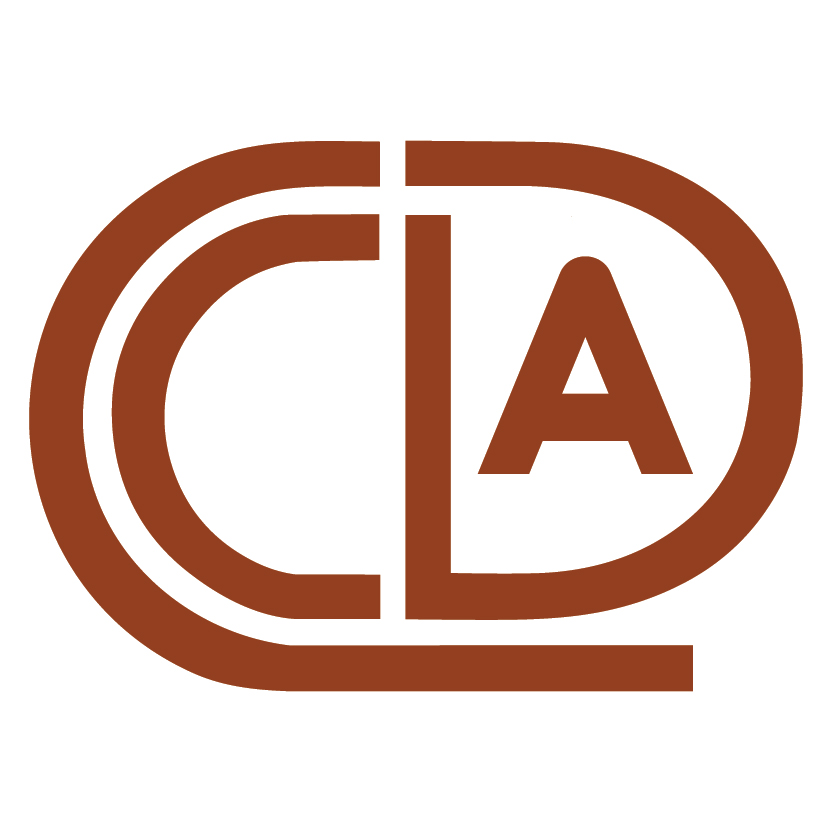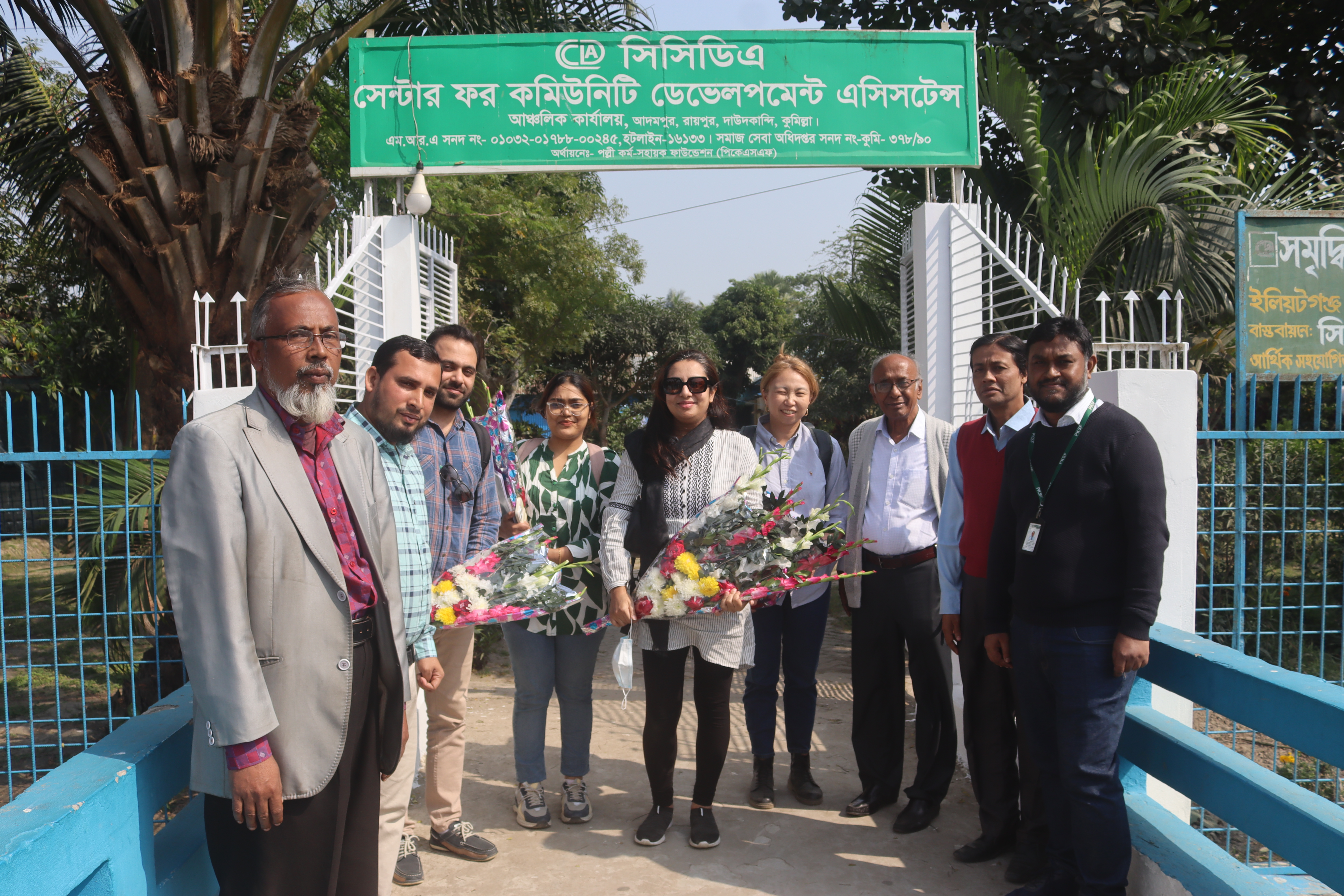About CCDA
<div style="text-align: justify;"><p class="MsoNormal">Centre for Community Development Assistance (CCDA), a pro-poor, non-political, and non-profit development organization started its journey in 1990 from Adampur - a remote village in Bangladesh under the Daudkandi upazila (sub-district) of Cumilla district. It was a humble beginning but with a noble and lofty vision of contributing to realizing the dream of a Sonar Bangla (Golden Bengal) - free from poverty and inequality. Today, CCDA has incrementally spread its operations to 71 upazilas in 12 districts reaching out to about 3.8 lac beneficiaries through 100 branch offices. Starting with only a microcredit program in 1991, it has diversified its interventions over the years to areas such as microenterprise development, water, sanitation & and hygiene, human capital development, community mobilization, etc. thanks to its more than 831 committed staff and robust strategy to scale up for impact. CCDA was registered from the Social Service Department under the Ministry of Social Welfare in 1990; NGO Affairs Bureau in 1996; and Microcredit Regulatory Authority in 2008. CCDA is governed by a General Council (GC), the supreme body of the organization while a 9-member elected Executive Committee (EC) is responsible for the overall management, operation, and implementation of projects.<br></p></div>


.jpg)
Mission
.jpg)
To raise awareness of individuals
and communities on gainful economic and social engagement and assist them with
ways and means in their productive endeavors to improve life.
Vision
.jpg)
To build a society free from
poverty, ensuring justice and human dignity, where both men and women enjoy
equal opportunity to build their prosperous future together.
Objectives
Raise awareness of the people, poor in particular, about wellbeing and related development issues including health, gender and environment.
Uplift socio-economic status of the rural poor especially destitute women, disadvantaged people and adolescents through a host of measures.
Provide healthcare facilities, improve sanitation status and increase access to safe water for the poor people.
Increase access to local resources and facilities, and help utilize the resources for productive and useful purposes by the target groups.